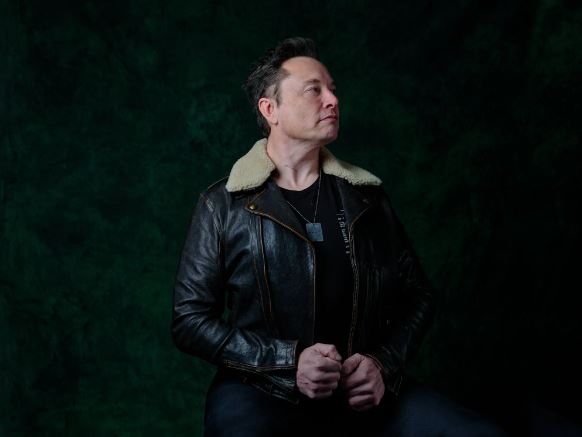Elon Musk, the billionaire entrepreneur and co-founder of OpenAI, has filed a lawsuit against the influential artificial intelligence company, accusing it of violating its founding principles and prioritizing commercial interests over the public good. This legal drama unfolds amidst a backdrop of longstanding tensions between Musk and OpenAI, highlighting broader questions about the ethical development and control of artificial intelligence.
In the lawsuit, filed in Superior Court in San Francisco, Musk alleges that OpenAI and its CEO, Sam Altman, breached a contract by pursuing profit-driven partnerships, notably a multibillion-dollar deal with Microsoft. Musk contends that this partnership contradicts OpenAI’s original mission to develop AI for the benefit of humanity and make it widely accessible.
The dispute underscores the ongoing debate within the AI community regarding the potential risks and benefits of artificial intelligence. Musk, a vocal advocate for responsible AI development, co-founded OpenAI in 2015 out of concerns about the unchecked advancement of AI technology. However, he parted ways with the company’s board in 2018 amid disagreements over its strategic direction.
OpenAI, known for its advancements in generative AI technology, has faced its share of controversies. In November, Altman was temporarily ousted as CEO, prompting internal upheaval. The company’s shift towards for-profit endeavors has drawn criticism, with Musk accusing it of straying from its original nonprofit ethos.
The lawsuit alleges that OpenAI’s collaboration with Microsoft represents a departure from its commitment to open-source AI development. Musk asserts that OpenAI’s transformation into a de facto subsidiary of Microsoft undermines its founding principles and restricts access to its technology.
Responding to the lawsuit, OpenAI has maintained that it remains dedicated to its mission and denies any wrongdoing. The company’s leadership, including Altman and President Greg Brockman, has refuted Musk’s claims and expressed confidence in their approach to AI development.
The legal battle adds to OpenAI’s mounting challenges, including regulatory scrutiny and legal disputes over copyright infringement. Additionally, the company’s decision to pivot towards commercial partnerships has raised concerns about its integrity and transparency.
Musk’s lawsuit seeks to compel OpenAI to adhere to its original nonprofit vision and make its technology accessible to the public. He also demands restitution for the financial support he provided to the organization over the years. However, legal experts question Musk’s standing to bring the lawsuit, citing nonprofit law restrictions.
Despite the legal complexities, Musk’s complaint resonates with broader concerns about the ethical implications of AI development. As AI technologies continue to evolve, questions about accountability, transparency, and public oversight remain paramount.
The fallout between Musk and OpenAI underscores the challenges of navigating the intersection of technology, ethics, and corporate interests. With AI poised to reshape industries and societies, the need for responsible and ethical AI governance has never been more pressing.
In the coming months, the lawsuit is expected to shed light on OpenAI’s internal dynamics and strategic decisions. Regardless of the legal outcome, the case serves as a cautionary tale about the complexities of AI development and the need for greater accountability in the tech industry.

